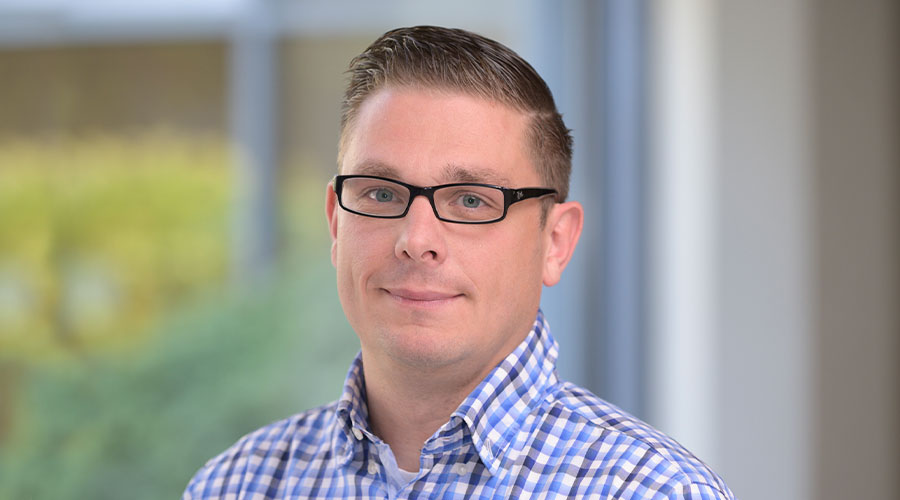Cholangitis – Which individual therapy approaches are possible?
What is this research project about?
Primary sclerosing cholangitis (PSC) is an autoimmune disease affecting the biliary tract. Chronic inflammation leads to a destruction of the biliary tract with recurrent bacterial cholangitis and the need of regular hospitalizations. So far, no causative therapies are available for PSC. Therapeutic approaches are limited to the treatment of bacterial infections and the optimization of bile flow by endoscopic interventions. The biliary tract was considered to be a sterile niche within the gastrointestinal tract. The isolation of bacteria from bile samples was equaled to bacterial infection. However, due to culture-independent methods like high-throughput sequencing, evidence is rising that the biliary tract is not sterile but harbors a bacterial community even in healthy individuals which introduces the concept of dysbiosis being relevant in the clinical course of PSC and not only infection.
What’s the current status?
Susceptibility factors for bacterial cholangitis in PSC are not identified yet. Furthermore, the effects of antibiotic treatment and endoscopic interventions on the biliary microbiota are not known. Many patients with PSC are eventually in the need of liver transplantation due to the devastating effects of the disease on the biliary tract. In contrast to other liver diseases, patients with PSC are not cured with a liver transplantation but can suffer from PSC recurrence. Bacterial cholangitis in the context of immunosuppression after solid organ transplantation is even more complicated due to contrary treatment concepts of immunosuppression on the one hand and infection control on the other hand. The devastating effects of the disease on the biliary tract with its severe clinical course in combination with missing causative therapies are the great challenge to be solved in patients suffering from PSC.
How do we get there?
In order to tackle the clinical challenges within PSC we established one of the largest single center PSC cohorts and the largest post-LTX PSC cohort world-wide. Within our cohorts we are able to collect high quality samples and clinical data. Collecting bile samples is more difficult than collecting other samples like blood or feces as invasive procedures like endoscopic retrograde cholangiography (ERC) or surgery are needed. Therefore, we established in addition to our PSC cohort a prospective registry for patients with bile duct associated diseases (BDAD) including PSC who are undergoing an ERC. Within the registry we are collecting bile and stool samples as well as oral swaps and information regarding life style and health conditions. In parallel to our prospective cohorts, we are performing extensive analyzes of more than 1000 stored bile samples of patients with different BDAD. Furthermore, we established two control cohorts of healthy individuals without BDAD for collecting bile samples: i) patients undergoing cholecystectomy but without known BDAD and ii) due to the fact that collecting bile samples needs invasive procedures we studied the biliary as well as the intestinal microbiota at different locations within healthy sows raised under identical conditions.





